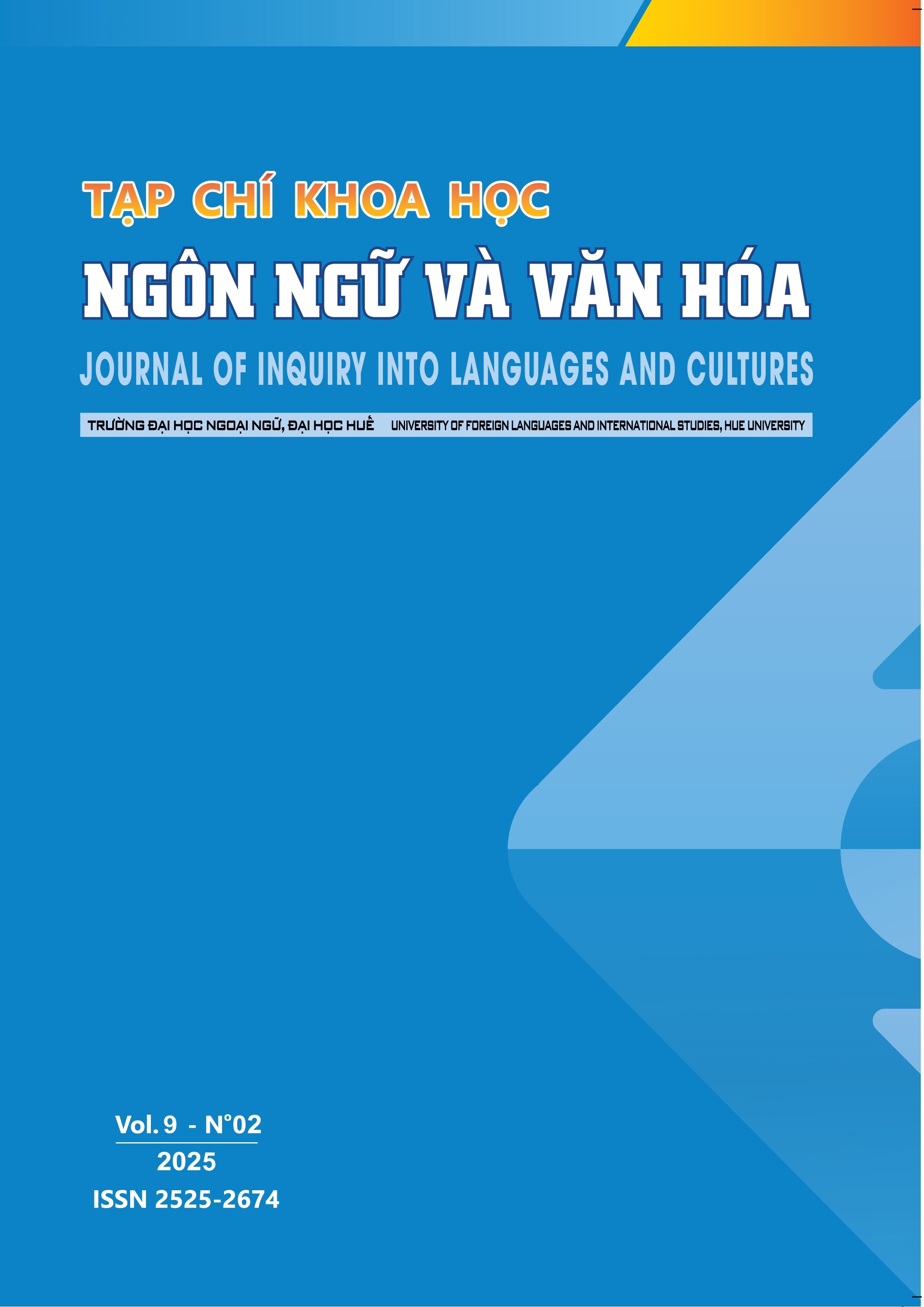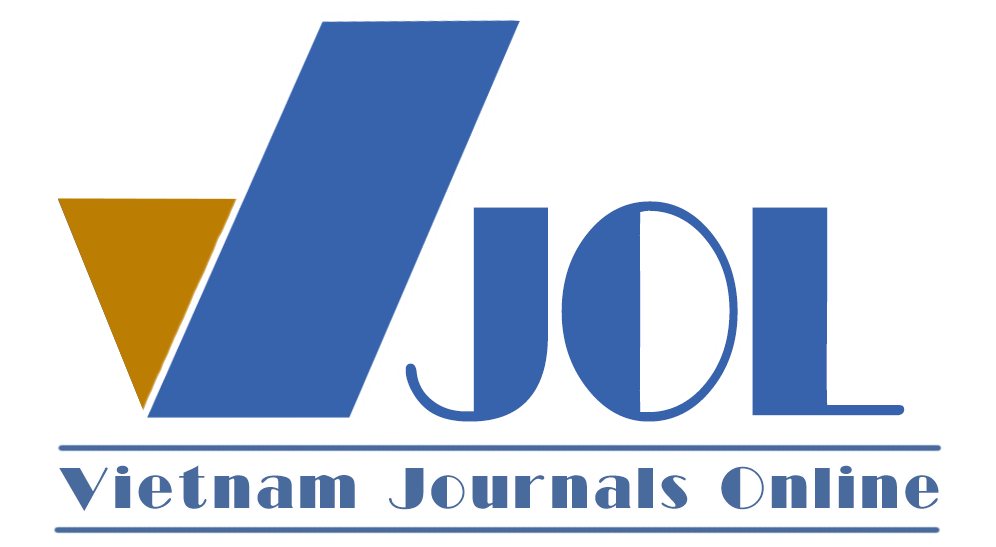PRIMARY SCHOOL EFL TEACHERS’ PERCEPTIONS ABOUT BENEFITS AND CHALLENGES OF USING DRAMA IN SPEAKING CLASSES
DOI:
https://doi.org/10.63506/jilc.0902.316Keywords:
Drama; EFL teachers’ perceptions; primary school; speaking classesAbstract
This study explores primary‐level EFL teachers’ perceptions about benefits and challenges of using drama to teach speaking in a Central Vietnam province. Employing a qualitative design, 12 Grade-3 English teachers were interviewed, and 24 lessons were observed. Thematic analysis revealed three key benefits: drama situates language in authentic contexts to enhance communicative competence; it builds learner confidence and creativity through role-play and empathetic immersion; and it fosters real-world relevance and collaborative engagement. Teachers also reported five challenges: student anxiety and limited preparation; proficiency disparities within classes; insufficient classroom time for implementation; limited drama facilitation and classroom management skills among teachers; and resource shortages. These findings corroborate prior research on drama’s efficacy and provide new insights into the affective, pedagogical, and systemic barriers primary-level teachers face. The study highlights the need for targeted professional development, tailored task design, and resource support to realize drama’s potential in young‐learner EFL contexts.




















